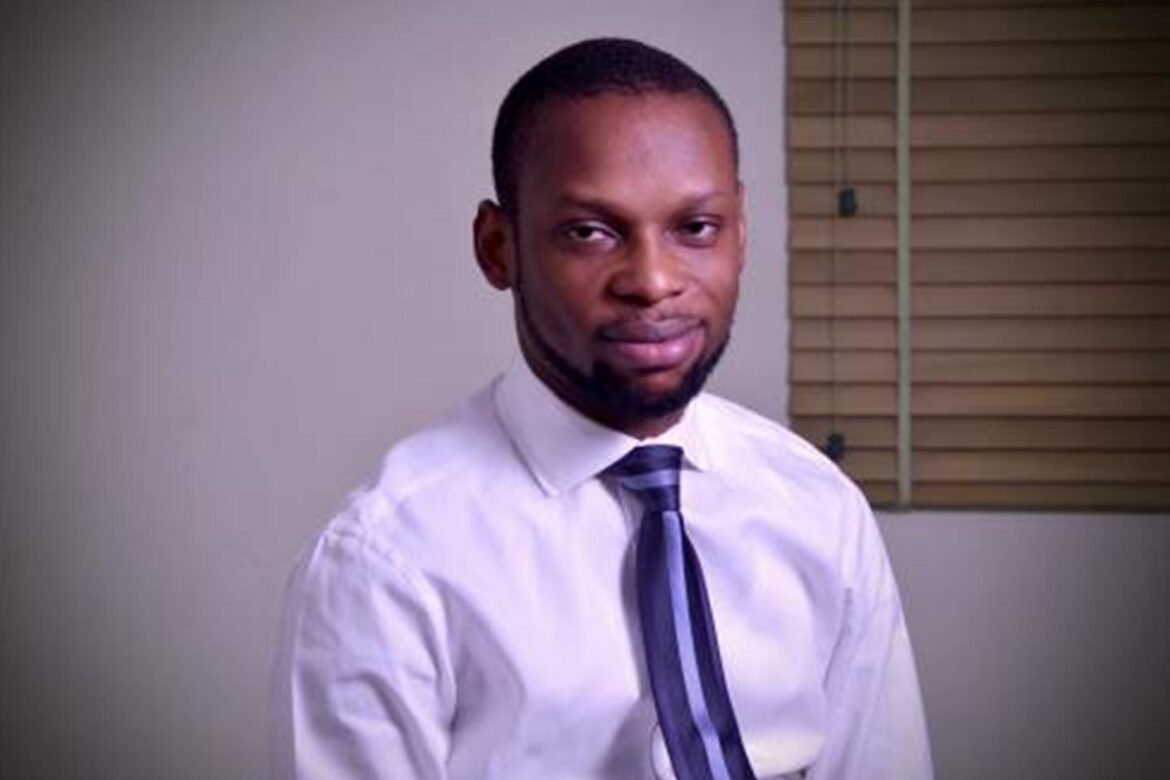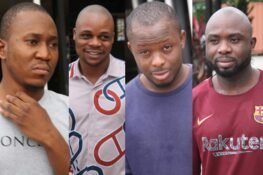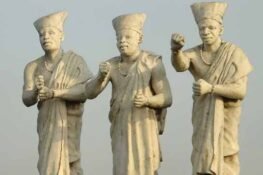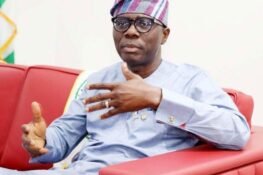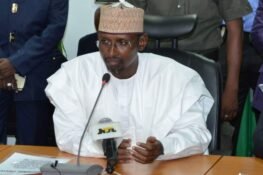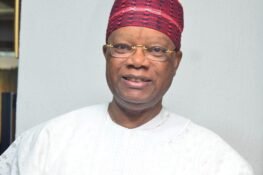You took a big risk to do the investigation on Nigerian police and correctional service. From reactions to your story, would you say the risk was worth taking?
Yes, it was. And it still is, even though the ultimate reaction, which is a real change in the operations of those institution, is still being awaited.
It probably won’t happen. But there is now at least a consciousness about the inefficiency of our criminal justice system. Not a bad place to begin from, I would think.
A few journalists have also told me that my story has inspired to aim for similar ideas.
If my story helps generate four or five stories of the same scale in the coming months, I would consider this a big step in the readiness of the media to spearhead the kind of intellectual revolution this country badly requires.
And I’ve heard people say the story gives them hope for a better Nigeria; I do not underestimate that; hope is one of the reasons we live. For many of us, in different areas of our lives, hope is the main reason we wake up every day.
Did you at any point fear that the mission may not succeed?
I never did. But I knew it probably wasn’t going to be a perfect job. I knew chances were high that the device could be found on me or that I would be unable to get it into certain places.
I knew the success rate hinged on a few factors I had no control over.
You narrated how a prison officer flogged you when it was discovered that you came into the prison with a recording device. What was running in your mind when he was beating you?
I felt my loyalty to my calling was being tested. I saw it as a test of my conviction that this society can work, and the role of investigative journalism in making that happen.
In any case, I took the final decision to do this story back in 2017. So, during the beating, I kept on reminding myself that I’d psyched myself up for the assignment for two years, so this was just a test of how well I fared.
You cancelled a speaking engagement and went into hiding based on reports that you could be arrested for espionage. Are you out of the country?
I’d have loved to answer, but I no longer publicly discuss my location — not even on the phone.
There is no special protection under the law for investigative journalists – which means that apart from facing prosecution for violating the NCS rules you already have a record as a felon. What is your reaction?
I haven’t violated the NCS rules. That’s what they think but that’s not what I do. I bet that’s not what any incorruptible court would think. I don’t consider myself a felon; Ojo Olajumoke is.
A number of previous investigations exposing corruption in our public institutions have been swept under the carpet. Do you think your investigation will make a difference?
It depends a lot on what “difference” means. If it’s an overhaul of the policing or prison system, I think we all must have seen, by now, that it won’t happen.
As I type this, the story is almost one month old and apart from a press statement by the NCS and public comments by the Interior Minister and the Force Spokesman, the decision-makers have taken no concrete steps.
However, if this ‘difference’ includes letting public office holders know that they need to act right because someone may just be watching or sparking a conversation about the hypocrisy of the justice system, then it already has.
There are those who believed you should not have revealed your identity while reporting. Do you agree with that?
Haha.
I hope these people also felt Ruona Agboko-Meyer and Adejuwon Soyinka shouldn’t have revealed their identities on ‘Sweet Sweet Codeine’, same as Kiki Mordin on her sex-for-grades story.
People usually cling on to general beliefs without considering case-by-case peculiarities. My cover was blown on this assignment.
The police, judiciary and prisons all knew way back in July that Ojo Olajumoke was ‘Fisayo Soyombo.
So, if I wrote this story without my byline, who was I deceiving? The major people you want me to hide from, they already knew me.
So, what was the point? I think really that we have to trust people to do what they consider the best for themselves in the context of prevailing circumstances, especially because, at the end of the day, no one is more interested in my safety than me.
After the part three of your investigation was published, you said the story has only just begun! What do you mean?
A book is coming. If I’m alive, and if I’m able to sit my bum down to put it together.
Listen, what I do comes with risks and I’m not going to deny it, so life is not a given. t?
Then, I’m a quite restless person. I really do want to get on with my next investigation. So, fingers crossed, let’s see if I end up writing this book.
